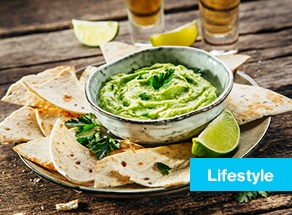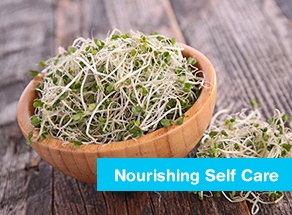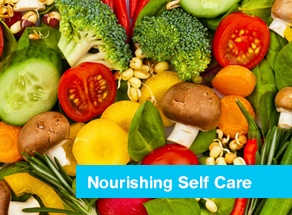Nutrition
Avocado’s Good Green Fruit Fats
08/01/2014 07:22pm | 12997 viewsDid you know the avocado is a fruit and not a vegetable? No matter what variety – and there are hundreds of them – shape, color, or size, avocados are healthy for you. When you eat an avocado you are truly nourishing your body with many essential nutrients: vitamins A, C & E, iron, magnesium, potassium, zinc, and fiber. What‘s more, avocados are ‗farm-to-market‘ foods, meaning they don‘t require any processing, preservatives, or taste enhancers.
Nutrition
Goodbye Lard?
23/01/2014 04:07pm | 10985 viewsMany Hispanics use lard – pig fat – to flavor food, but is this a good thing?
Like most fats, lard gets a bad rep. But not all fats are created equal. Fats are a densely concentrated source of energy: gram-for-gram, they provide more than twice the calories as carbohydrates and proteins. Fats carry fat-soluble vitamins A, D, E and K; provide essential fatty acids that our bodies can’t make on their own; give foods their distinct and satisfying feel and taste; and contribute to the feeling of ‘fullness’ or satiety. Fats are necessary, but a little fat can go a long way!
Nutrition
A Latin Brew – Flavors from the Coffee Lands
29/11/2013 10:15am | 9834 viewsWorld leaders in coffee production include Brazil, Colombia, Honduras, Peru, Mexico, and Guatemala. In fact, the United States imports nearly 40% of its coffee beans from Brazil and Colombia alone. This year, the National Coffee Association’s market research showed that coffee consumption is stronger among Hispanic Americans, with 74 percent drinking coffee daily. So Latinos love their coffee-- but is there more to learn about it? Let’s take a look.
Nutrition
Mole – Sophisticated Mexican Sauces
29/11/2013 10:02am | 11526 viewsMole is a common name for a variety of Mexican sauces – red, black, green, and all colors in between – featuring very distinct flavors. Known for being rich, dark, and complex, Moles can be mildly spicy too with varying degrees of sweetness. Moles pair well with quail, duck, turkey, chicken, pork, beef, or tofu.
Lifestyle
5 New Years Resolutions That We Love to Make (and 3 Which We Commonly Break)
30/01/2015 06:00am | 7522 viewsThe beginning of every year ushers in a fresh start and inspires the idea of improvement.





